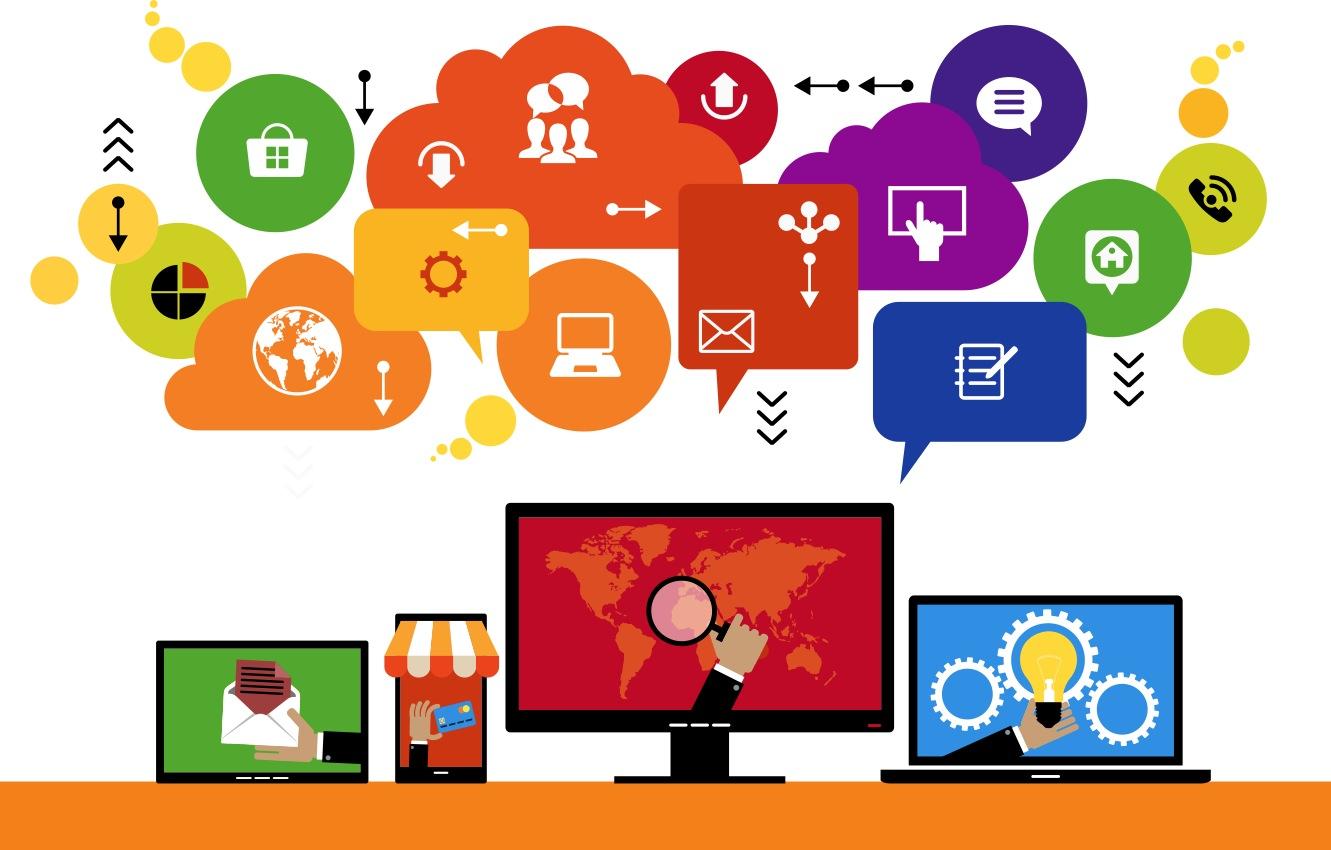How To Use The Cloud?

Have you ever heard someone talking about "The Cloud" and wondered what it actually meant? Although the idea is relatively new, it's not too hard to understand. In fact, you've probably used the cloud many times without knowing it.
The cloud simply refers to software and services that run on the Internet instead of your computer. When you use the cloud, your computer communicates with a network of servers. Some of the servers are specialized for storage, while others use their computing power to run applications. Since the videos, photos, emails, documents, games and other software that lives in the cloud are available on any device with an Internet connection; you can access your stuff from anywhere.
You've already used the cloud numerous times. You just didn't understand what it truly was.
What is Cloud Computing?
Cloud computing is a buzzword that means different things to different people. For some, it's just another way of describing outsourced IT services, others use it to mean any computing service provided over the Internet. Whatever your definition may be, cloud computing is an easy concept to grasp-especially since we utilize it every day.
Public, Private, or Hybrid Clouds?
An agency can deploy cloud computing in several different ways depending upon many factors, such as: Where the cloud services are hosted, security requirements, customization capabilities and management services. There are three common deployment models for cloud services loosely determined by who has access to the services:
- Public Cloud is one in which the services and infrastructure are provided off-site over the Internet. These clouds offer the greatest level of efficiency in shared resources; however, they are also more vulnerable than private clouds. As a consumer, using products like Adobe, Apple, Google Drive and Netflix-you are most likely using this form of cloud computing
- Private Cloud is one in which the services and infrastructure are maintained on a private network. These clouds offer the greatest level of security and control, but they require the company to still purchase and maintain all the software and infrastructure, which reduces the cost savings. Plenty of large enterprises sway toward this form of cloud computing as it is more protected and secure compared to the public cloud-if you've used Office360 or have logged in remotely to your office computer, you are utilizing private cloud computing.
- Hybrid Cloud includes a variety of public and private options with multiple providers. By spreading things out over a hybrid cloud, you keep each aspect at your business in the most efficient environment possible. The downside is that you have to keep track of multiple different security platforms and ensure that all aspects of your business can communicate with each other. For example, an organization might use a public cloud service, such as Amazon Storage Service for archived data but continue to maintain in-house storage for operational customer data.
Cloud Computing Services:
Cloud computing can be divided into three service models: Software as a Service (SaaS), Platform as a Service (PaaS), and Infrastructure as a Service (IaaS). An agency may procure any combination of these service models depending on their particular needs.
- Infrastructure as a Service (IaaS) means you're buying access to raw computing hardware over the Internet, such as servers or storage.
- Software as a Service (SaaS) means you use a complete application running on someone else's system. Web-based email and Google Documents are perhaps the best-known examples.
- Platform as a Service (PaaS) means you develop applications using Web-based tools so they run on systems software and hardware provided by another company.
Advantages Of The Cloud:
- Easy Implementation: Cloud hosting allows business to retain the same applications and business processes without having to deal with the back end technicality.
- Accessibility: Access your data anywhere, anytime and through any device. Simply map a network drive and gain access to the cloud.
- No Hardware Necessary: Since everything will be hosted in the cloud, a physical storage center is no longer needed.
- Cost per Head: Overhead technology costs are kept at a minimum with cloud hosting services, enabling business to use the extra time and resources for improving the company infrastructure.
- Flexibility for Growth: The cloud is easily scalable so companies can add or subtract resources based on their needs.
- Efficient Recovery: Cloud computing delivers faster and more accurate retrievals of applications and data.
Using A Cloud Service For Businesses:
Now that you understand the overall definition of the cloud, it's time for you to pick out a service.
Login to the service's site to upload files, or download the application to your computer, then drag and drop files as you would to a hard drive. To access files on the go, download the service's mobile app. Any changes to a document are synced across all your devices.
Need Some Assistance In Selecting and Migrating to the Right Cloud Solution:
By taking advantage of cloud services, you instantly receive everything you need without the unexpected costs or prolonged wait times. You'll be able to work from anywhere with no hardware required and you'll have the flexibility of tailoring your technology to your specific needs. Furthermore, your company's collaboration will increase with the ability to share data and work together wherever users may be. We have deep partnerships with all cloud solutions as well as in house migration services and tools to help migrate more seamlessly.
Enabling your company to keep up the complex technology upgrades your industry demands, our team will consult will you on the broad array of cloud services and solutions. Learn more about the cloud and hear what it can do for your business by sending an email to sales@convergedsystems.com.







